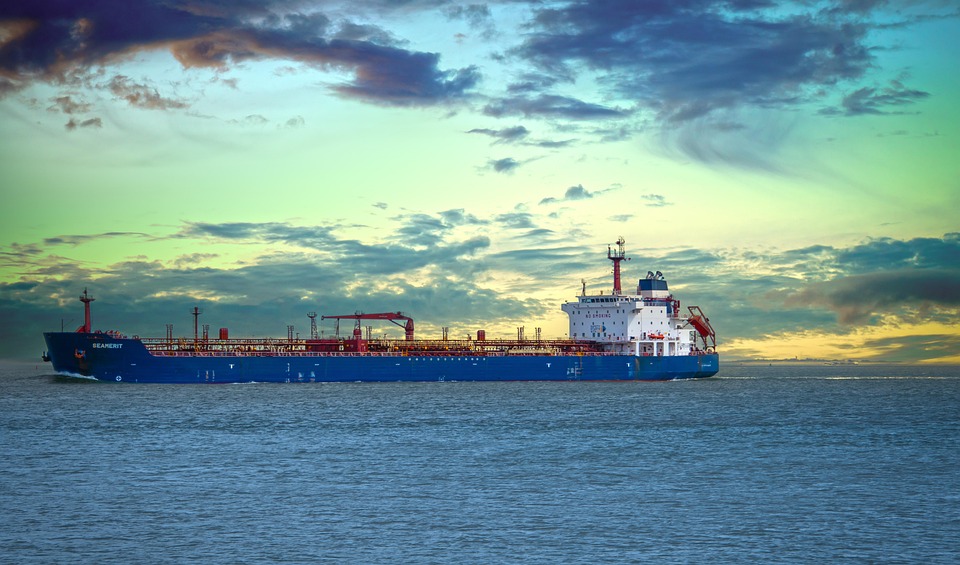The complexity of international trade far exceeds that of domestic transactions, involving multiple challenges such as cross-border logistics, customs regulations, and cultural differences. By choosing high-quality輸出代理店, purchasing its professional services and resource network not only solves the “how to export” problem but also delivers critical insights into market trends and recommendations for supply-chain optimization.
Now let’s dive into a systematic explanation.輸出代理店What can be done? How to find the right agent and a reference for agent fees:

Why is an export agent necessary?
1. Reduce compliance risk
- Regulatory barriers: Customs policies and product certifications (e.g., EU CE, US FDA) vary widely across countries, and companies handling them on their own can easily step on landmines. For example, apparel exported to the EU must comply with the REACH regulation (restricting chemical substances); an export agent can conduct a pre-inspection in advance and provide a compliance solution.
- 書類の正確性: Errors or omissions in documents such as the bill of lading and certificate of origin can cause customs clearance delays or even fines. Professional agents reduce the error rate to below 1% through standardized procedures.
2. Optimize operational efficiency
- Resource integration: The agency integrates logistics, customs clearance, and warehousing resources to shorten delivery lead times. For example, by combining the China-Europe Railway Express with overseas warehouses, transit time from China to Europe can be compressed to 12 days.
- Localization services: Establish branch offices or a cooperative network in the target country to overcome language barriers and time-zone differences, and to respond rapidly to customer needs.
3. Save on overall costs
- economies of scale: By consolidating large volumes of customer orders, the agency can secure discounted freight rates from shipping lines and airlines (e.g., ocean freight reduced by 10%–15%).
- Hidden Cost Control: Avoid demurrage and amendment fees (averaging $200 per occurrence) caused by unfamiliarity with the process.
4. Focus on Core Business
- Companies can concentrate their manpower and capital on product R&D and market expansion, rather than getting bogged down in cumbersome cross-border affairs.

How to find a reliable export agent?
When selecting an export agent, conduct a comprehensive evaluation based on three dimensions—qualifications, capabilities, and cost. Below are four key screening criteria for your reference:
1. Define requirements clearly and match the appropriate proxy type
By Service Depth:
- Basic Agent: Provides customs declaration and booking services only, suitable for mature enterprises under FOB terms;
- End-to-end agency: Covers certification, tax rebates, and overseas distribution—ideal for companies making their first export or shipping under DDP terms.
By Industry Expertise: Prioritize deep cultivationApparel/Electromechanical/ChemicalVertical-focused agents—such as those specializing in motor exports—are more familiar with the specifics of Mexico’s NOM certification.
2. Evaluate professional qualifications
Industry Certification: Prioritize agents with FIATA (International Federation of Freight Forwarders Associations) membership;
Partnership Cases: Provide export case studies for similar products (e.g., apparel, electronics) and confirm their familiarity with the regulations of the target country.
3. Evaluate service capabilities
logistics network: Covering major ports (e.g., Los Angeles, Hamburg) and inland distribution channels;
Risk control: Whether value-added services such as export credit insurance and letter of credit review are provided;
Technical Support: Use the ERP system to track cargo status in real time and support electronic document transmission.
4. Flexible cooperation models
Customized services: Choose between full-process agency (3%-8% commission) based on company size or à-la-carte services (e.g., customs clearance only, $150 per shipment);
Cost Transparency: Provide a detailed quotation to avoid hidden charges (such as "document modification fees," "rush fees," etc.).

Composition of Export Agency Fees
Export agency fees typically consist of three components: basic service charges, surcharges, and third-party costs. Companies need to break them down item by item to optimize costs:
1. Basic service fee
Agency commission: Charged as a percentage of the goods’ value (typically 1%–5%); for exclusive agencies or small-batch orders, it may rise to 8%;
Handling fee: Basic services such as documentation processing and booking, approximately $50–$200 per shipment.
2. Additional Fees
Special Service Fee:
- Expedited customs clearance: $100–$300 per occurrence (e.g., CBP exam acceleration in the U.S.);
- Custom packaging: Moisture-proof and shock-resistant design adds $0.5–$2 per unit to the cost.
Risk coverage fee:
- Letter of Credit Examination:$80-$150/件;
- Credit insurance agency: Premium 0.3%-1% of cargo value (via Sinosure channel).
3. Third-party costs
- Logistics cost: Ocean/air freight, Terminal Handling Charges (THC), Bunker Adjustment Factor (BAF), etc., are typically marked up by the agent by 5%–10% as a management fee;
- Duties & Taxes Prepaid: Acting as an agent to pay import duties on behalf of clients and charging a service fee (0.5%–1%).
4. Cost Optimization Recommendations
- Bundle service negotiation: Opt for the bundled “Logistics + Customs Clearance + Insurance” service to cut overall costs by 10%–15%.
- Tiered commission: Rebate upon meeting the agreed annual export volume;
- Digital cost reduction: Adopt electronic bills of lading and an automated customs declaration system to reduce manual handling fees.
結論
In short, when choosing an export agent, companies must balance qualifications, cost, and flexibility, prioritizing providers with deep industry expertise and high transparency. A short-term, small-order test can verify their service capabilities, ultimately achieving “leveraging external strengths to go global and grow together.” If you are looking for a suitable export agent, feel free to contact us anytime!


 カスタマーサービスWeChatをフォローしてください
カスタマーサービスWeChatをフォローしてください